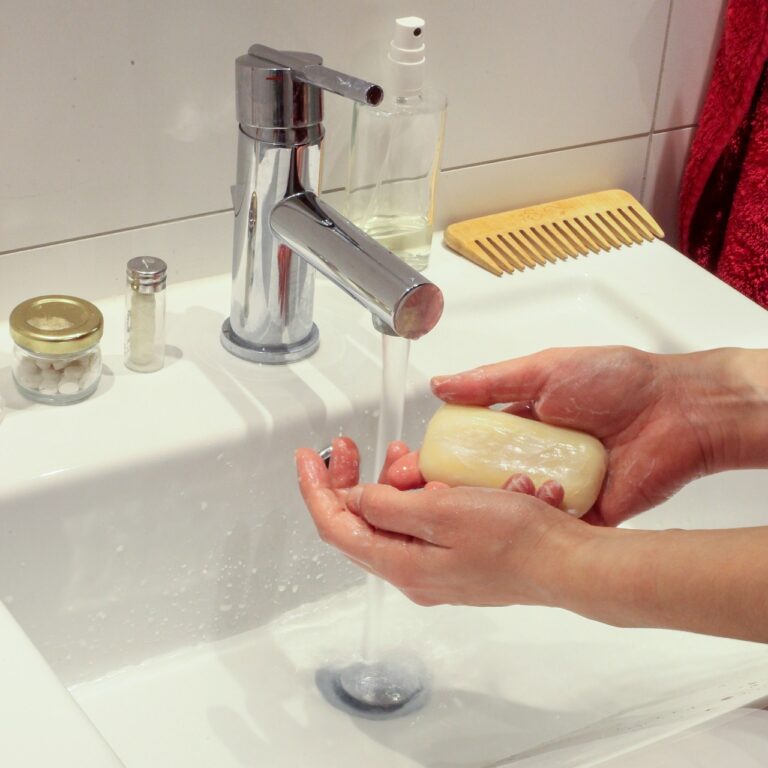Effective Doctor-Patient Communication: Building Trust and Understanding
Clear and open communication plays a pivotal role in fostering effective relationships and promoting understanding in various interactions. When individuals engage in transparent communication, it minimizes misunderstandings, enhances clarity, and ensures that messages are conveyed accurately. This is particularly crucial in professional settings, such as healthcare, where clear communication can impact patient outcomes and satisfaction.
Moreover, open communication cultivates an environment of trust and mutual respect among individuals. By promoting transparency and honesty in interactions, it facilitates the exchange of ideas, encourages collaboration, and creates a foundation for meaningful connections. When individuals feel that they can openly communicate without fear of judgment or misinterpretation, it fosters a sense of psychological safety and promotes positive engagement in conversations.
Establishing Rapport and Building Trust
Establishing rapport and building trust are fundamental aspects of any relationship, particularly within the healthcare setting. Patients are more likely to feel comfortable and open with healthcare providers who they perceive as trustworthy and caring. Taking the time to establish a connection with patients can significantly impact the quality of care they receive and their overall experience.
Building trust begins with showing genuine interest and concern for the patient’s well-being. Simple gestures, such as maintaining eye contact, actively listening, and using nonverbal cues to show empathy, can go a long way in fostering trust. Engaging in open and honest communication, providing clear explanations, and involving patients in decision-making processes can further solidify the bond between the healthcare provider and patient.
Active Listening and Empathy in Patient Interactions
Active listening is a crucial skill in patient interactions that involves fully concentrating, understanding, responding, and remembering what the patient is saying. It requires giving the patient your full attention without interrupting, making judgments, or formulating a response before they have finished speaking. By actively listening to patients, healthcare providers show empathy, respect, and genuine concern for their well-being, which can help build trust and enhance the overall patient experience.
Empathy plays a significant role in patient interactions as it allows healthcare providers to understand and relate to what the patient is going through emotionally and physically. Showing empathy involves acknowledging the patient’s feelings, validating their experiences, and expressing compassion and support. When healthcare providers demonstrate empathy, patients feel heard, understood, and cared for, which can strengthen the therapeutic relationship and lead to better health outcomes.
• Active listening involves fully concentrating, understanding, responding, and remembering what the patient is saying
• It requires giving the patient your full attention without interrupting or making judgments
• By actively listening to patients, healthcare providers show empathy, respect, and genuine concern for their well-being
• Empathy allows healthcare providers to understand and relate to what the patient is going through emotionally and physically
• Showing empathy involves acknowledging the patient’s feelings, validating their experiences, and expressing compassion and support
• When healthcare providers demonstrate empathy, patients feel heard, understood, and cared for
What is active listening in patient interactions?
Active listening in patient interactions involves fully concentrating on what the patient is saying, understanding their perspective, and providing nonverbal cues to show that you are engaged.
How does empathy play a role in patient interactions?
Empathy in patient interactions involves putting yourself in the patient’s shoes, showing understanding and compassion for their situation, and responding with kindness and care.
Why is clear and open communication important in healthcare settings?
Clear and open communication in healthcare settings helps to avoid misunderstandings, build trust between healthcare providers and patients, and ensure that the patient’s needs and concerns are addressed effectively.
How can healthcare providers establish rapport with patients?
Healthcare providers can establish rapport with patients by showing genuine interest in their well-being, actively listening to their concerns, and demonstrating empathy and understanding.
What are some practical tips for improving active listening skills in patient interactions?
Some practical tips for improving active listening skills in patient interactions include maintaining eye contact, avoiding distractions, repeating key points back to the patient, and asking clarifying questions to ensure understanding.







